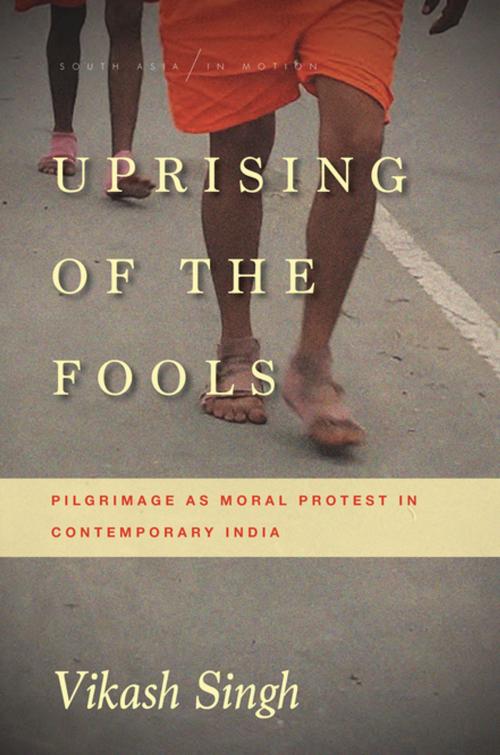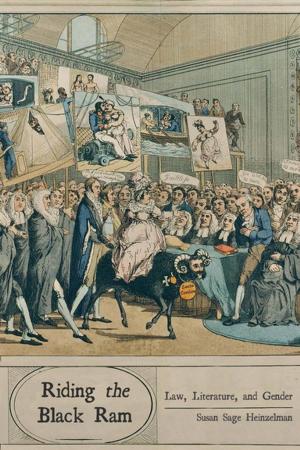Uprising of the Fools
Pilgrimage as Moral Protest in Contemporary India
Nonfiction, Social & Cultural Studies, Social Science| Author: | Vikash Singh | ISBN: | 9781503601741 |
| Publisher: | Stanford University Press | Publication: | March 21, 2017 |
| Imprint: | Stanford University Press | Language: | English |
| Author: | Vikash Singh |
| ISBN: | 9781503601741 |
| Publisher: | Stanford University Press |
| Publication: | March 21, 2017 |
| Imprint: | Stanford University Press |
| Language: | English |
The Kanwar is India's largest annual religious pilgrimage. Millions of participants gather sacred water from the Ganga and carry it across hundreds of miles to dispense as offerings in Śiva shrines. These devotees—called bhola, gullible or fools, and seen as miscreants by many Indians—are mostly young, destitute men, who have been left behind in the globalizing economy. But for these young men, the ordeal of the pilgrimage is no foolish pursuit, but a means to master their anxieties and attest their good faith in unfavorable social conditions.
Vikash Singh walked with the pilgrims of the Kanwar procession, and with this book, he highlights how the procession offers a social space where participants can prove their talents, resolve, and moral worth. Working across social theory, phenomenology, Indian metaphysics, and psychoanalysis, Singh shows that the pilgrimage provides a place in which participants can simultaneously recreate and prepare for the poor, informal economy and inevitable social uncertainties. In identifying with Śiva, who is both Master of the World and yet a pathetic drunkard, participants demonstrate their own sovereignty and desirability despite their stigmatized status. Uprising of the Fools shows how religion today is not a retreat into tradition, but an alternative forum for recognition and resistance within a rampant global neoliberalism.
The Kanwar is India's largest annual religious pilgrimage. Millions of participants gather sacred water from the Ganga and carry it across hundreds of miles to dispense as offerings in Śiva shrines. These devotees—called bhola, gullible or fools, and seen as miscreants by many Indians—are mostly young, destitute men, who have been left behind in the globalizing economy. But for these young men, the ordeal of the pilgrimage is no foolish pursuit, but a means to master their anxieties and attest their good faith in unfavorable social conditions.
Vikash Singh walked with the pilgrims of the Kanwar procession, and with this book, he highlights how the procession offers a social space where participants can prove their talents, resolve, and moral worth. Working across social theory, phenomenology, Indian metaphysics, and psychoanalysis, Singh shows that the pilgrimage provides a place in which participants can simultaneously recreate and prepare for the poor, informal economy and inevitable social uncertainties. In identifying with Śiva, who is both Master of the World and yet a pathetic drunkard, participants demonstrate their own sovereignty and desirability despite their stigmatized status. Uprising of the Fools shows how religion today is not a retreat into tradition, but an alternative forum for recognition and resistance within a rampant global neoliberalism.















